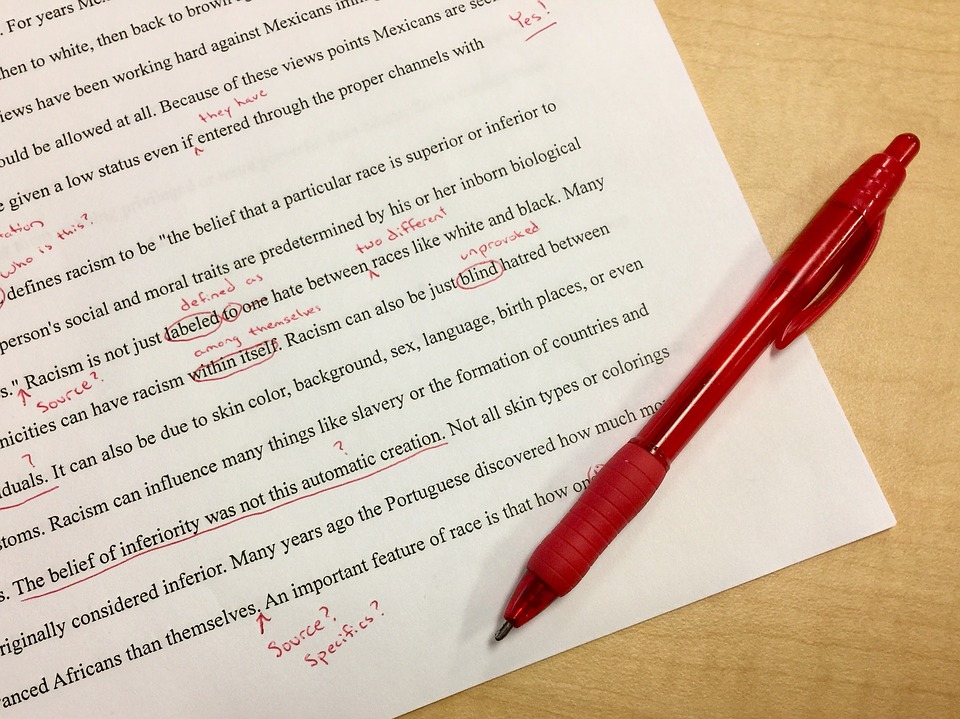https://pixabay.com/en/mistakes-editing-school-red-ink-1756958/
Editors are critical, especially in ensuring quality publications, whether online or in print. Their leading roles are to format style guidelines, make suggestions for improvement, correct grammatical errors, and sometimes assist with the design and layout of the publication. Editing is a gratifying job, especially being a thesis editor because one works closely with writers, and sometimes the work hours extend into the night or even the weekends. Some freelance editors have to pursue work now and then, requiring them to adjust to new job demands every time they come up.

Step 1: You Need To Develop Your Skills
- To become an editor, you need to understand and know good grammar and punctuation. Once you look at a text, you should see whether it is flowing out rightly, whether the grammar is correct or if the punctuations and syntax are correctly put. Develop this skill by reading newspapers, reading fiction stories to develop empathy and creativity, and being fond of historical content to gain insight into people and events.
- Make it a habit to write every day. Did you think editors don’t write? Most editors are professional writers. So free yourself from that thought and start writing as much as you can.
- Familiarize yourself with vocabulary; if need be, carry a dictionary with you all the time. You will come across information with new words, which you need to check if they are correctly used in terms of their meaning.
- Always be curious to learn about new things, new writing styles and explore exciting conversations.
- Activate your mind because you need to be creative, can spend long hours looking at the same sentence wondering what is wrong with it, make quick judgments and decisions on the content. To activate your mind this way, you need to be in the company of great editors rather than yourself to understand how they perceive things differently from others.
Step 2: What Kind of an Editor Do You Want To Become
All editors are not the same, so you need to choose what kind of editor you will be. This, however, does not mean you cannot become more than one. There are three main kinds of editing, and these types determine the kind of tools used for editing.
1. Substantive editing
This is also called revising though it mainly deals with deleting, rearranging, or adding details here and there. It especially involves using the content itself.
2. Copy editing
This editor adjusts grammar and switches phrases and words. You fix spelling errors or improper uses of grammar and repetitions. This is known as line editing because you look at the text line by line, improving the sentences without changing their meaning.
3. Proofreading
This is done right before you submit a piece of content. It is reading through the content while checking for any spelling errors or typos. Of course, some tools can be used to eliminate these errors though you can never rely on them. They might be wrong. Use them to make your work thorough and efficient.
Editing ensures you submit the best version of a written piece that is polished. As an editor, you are proud of polishing writer’s pieces that get published. Editing makes a term paper easy with the final touches have been right.

